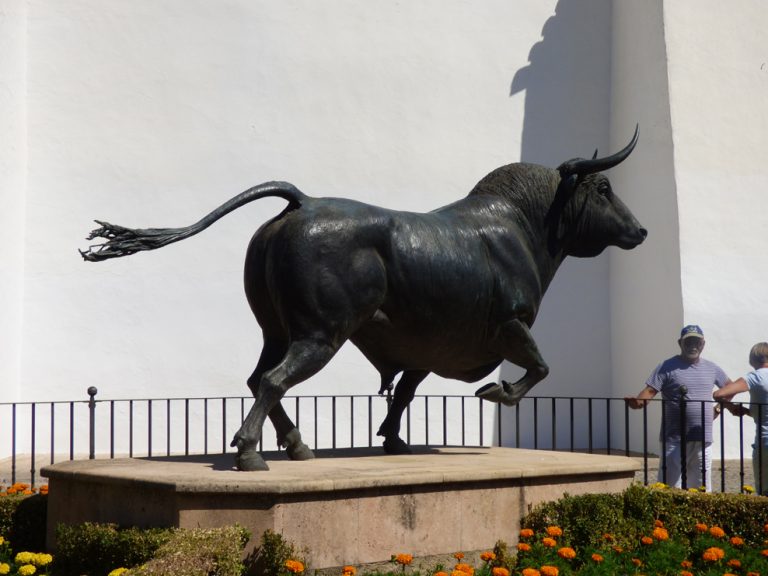Published with permission from LuxuryWeb Magazine
In a landmark decision, Spain’s Culture Ministry has announced the cancellation of the “Annual Bullfighting Award,” sparking considerable controversy among conservative circles who cherish this centuries-old tradition as a quintessential Spanish cultural art form.
“It is a new social and cultural reality in Spain,” the Culture Ministry stated on May 5, highlighting the evolving societal values that influenced their decision.
The traditional Spanish-style bullfight involves a matador, known colloquially as “the killer,” using a cape to orchestrate a ritualistic dance with the bull. The performance culminates in the bull being weakened and ultimately killed by a sword thrust. While it may seem a mismatch, the bull is initially robust and capable, often posing a lethal threat to the matador himself.
‘A new cultural reality’

For generations, matadors have been glorified in Spanish culture, celebrated as heroes in art, song, and performance. However, shifting attitudes among Spain’s youth and a significant decline in bullfighting attendance over the past quarter-century reflect a broader societal shift. Many young Spaniards view bullfighting as a barbaric relic, inconsistent with modern values of animal welfare and compassion.

Changing norms
Success
You are now signed up for our newsletter
Success
Check your email to complete sign up
The decision to abolish the annual award was driven by these changing norms and the dwindling popularity of bullfights. In recognition of this progressive step, it might be said that the Culture Ministry deserves “both ears and the tail,” a nod to the traditional prizes of bullfighting, for acknowledging that the spectacle of bloodshed, whether that of the bull or the matador, no longer has a place in the 21st century.

This move by the Culture Ministry is part of a broader trend seen across various cultural practices globally, where traditional activities are being reconsidered in light of contemporary ethical standards and social values. The debate surrounding bullfighting in Spain serves as a poignant example of the tension between preserving cultural heritage and advancing animal rights.
As the country navigates these changing currents, the decision to eliminate the Annual Bullfighting Award could potentially pave the way for further reforms in how Spain honors and upholds its traditions while respecting the growing demand for humane treatment of animals.
Visit LuxuryWeb Magazine to see the original article and more.








